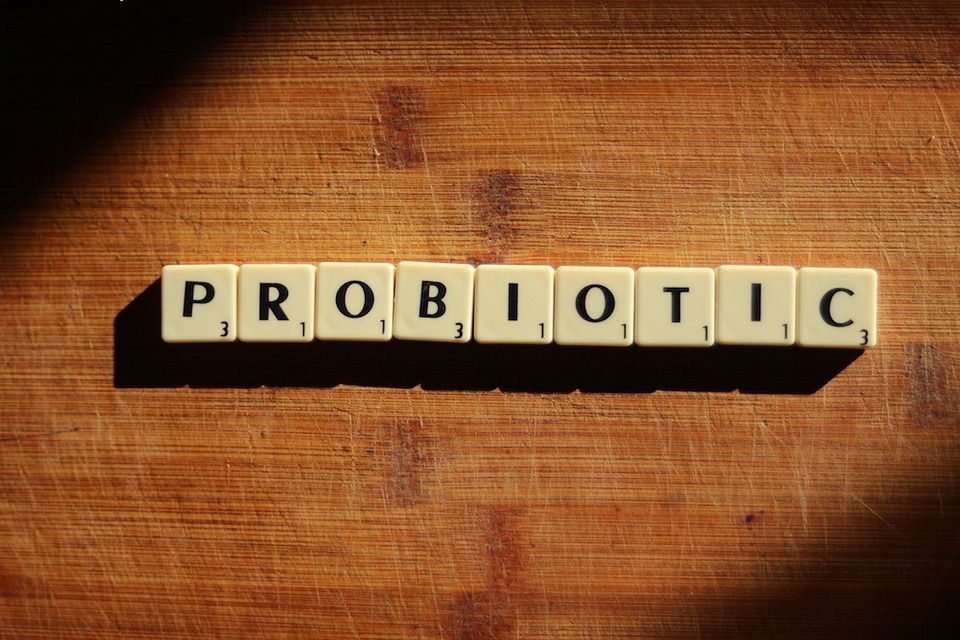Digestive issues, such as constipation, bloating, and gas, can be uncomfortable and disruptive to daily life. While there are many factors that contribute to digestive health, there is growing evidence to suggest that probiotics can play a role in improving digestion and relieving constipation. In this article, we’ll explore the relationship between probiotics and digestion, and how probiotics can be used to improve digestive health.
How Does Digestion Work?
Digestion is a complex process that involves the breakdown of food into nutrients that can be absorbed by the body. The digestive system is composed of several organs, including the mouth, esophagus, stomach, small intestine, large intestine, and rectum.
During digestion, food is broken down into smaller particles by digestive enzymes and acids. These particles are then absorbed into the bloodstream and transported to the cells throughout the body.
What Are Probiotics?
Probiotics are live microorganisms that are beneficial for your health, particularly for your digestive system. They can naturally occur in your body or be found in certain foods and supplements. The most common probiotic strains include Lactobacillus and Bifidobacterium.
Probiotics work by colonizing your gut with beneficial bacteria. These bacteria help to regulate your gut microbiome by crowding out harmful bacteria and promoting the growth of beneficial ones. This helps to maintain a healthy balance of bacteria in your gut, which is essential for optimal digestion, nutrient absorption, and immune function.
How Do Probiotics Improve Digestion?
There is growing evidence to suggest that probiotics can play a role in improving digestion. Here are some of the ways that probiotics can improve digestion:
1. Improving Nutrient Absorption
Probiotics can help to improve nutrient absorption by promoting a healthy gut microbiome. A healthy gut microbiome can help to break down food more efficiently, allowing for better absorption of nutrients.
2. Reducing Inflammation
Probiotics can help to reduce inflammation in the gut, which is a common underlying factor in many digestive issues. Chronic inflammation can lead to a variety of digestive issues, including constipation, bloating, and diarrhea. Probiotics can help to reduce inflammation by promoting a healthy gut microbiome and reducing the production of pro-inflammatory compounds.
3. Enhancing Gut Motility
Probiotics can help to enhance gut motility, which is the movement of food through the digestive tract. Poor gut motility can lead to constipation, bloating, and other digestive issues. Probiotics can help to improve gut motility by promoting the growth of beneficial bacteria in the gut.
4. Alleviating Constipation
Constipation is a common digestive issue that can be caused by a variety of factors, including poor diet, dehydration, and medication use. Probiotics can help to alleviate constipation by promoting gut motility and enhancing the production of short-chain fatty acids, which can help to soften stools and make them easier to pass.
How to Incorporate Probiotics into Your Diet
Incorporating probiotic-rich foods and supplements into your diet is an easy and delicious way to improve digestion and alleviate constipation. Here are some of the best probiotic-rich foods to add to your diet:
- Yogurt
- Kefir
- Kimchi
- Sauerkraut
- Miso
- Tempeh
- Kombucha
- Kvass
- Pickles
- Natto
Probiotic supplements are also available, but it is important to choose a high-quality product from a reputable company.
Final Thoughts
Digestive issues, such as constipation, bloating, and gas, can be uncomfortable and disruptive to daily life. Probiotics can play a role in improving digestion and relieving constipation by promoting nutrient absorption, reducing inflammation, enhancing gut motility, and alleviating constipation. By incorporating probiotic-rich foods and supplements into your diet, you can support your digestive health and overall well-being. However, as with any supplement, it is important to consult with your healthcare provider before taking probiotic supplements, particularly if you have any underlying health conditions or are taking any medications.







